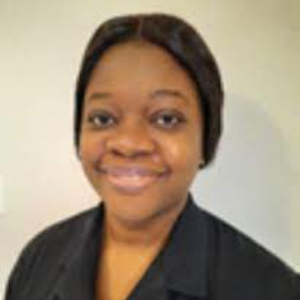Title: Influence of photobiomodulation at 830 nm on proliferation and differentiation in diabetic wounded human skin fibroblast cells
Abstract:
This study investigated the effect of photobiomodulation (PBM) using near infra-red light (830 nm) on cell proliferation and differentiation in two human fibroblast cell models namely, normal wounded (NW) and diabetic wounded (DW). The cells were irradiated at a wavelength of 830 nm with a fluence of 5 J/cm2 which resulted in an irradiation time of 430 s. Control cells were not irradiated (0 J/cm2). Thereafter, cell was incubated for 24 and 48 h and cellular viability was assessed by the trypan blue exclusion test and Apotox-glo triplex assay. Cell proliferation was investigated using bromodeoxyuridine (BrdU) proliferation assay. The release of transforming growth factor beta-1 (TGF-β1; TGF-β1 is a growth factor released during the process of wound repair and it is involved in the activation of fibroblasts in the process of trans-differentiation, a precursor to differentiation while α-SMA is also involved in the differentiation process) and p-Smad2/3 was ascertained using ELISA, while immunofluorescence was also used to observe the presence of the myofibroblast marker alpha smooth muscle actin (α-SMA). In comparison with the control groups, PBM significantly increased cell viability and proliferation. Although there were no significant changes in p-Smad2/3 over time, DW cells showed a moderate increase in TGF-β1. As incubation time increased, there was an increase in fluorescence of α-SMA in DW cells. This study shows that NW and DW cells responded positively to PBM at 830 nm, and PBM produced a stimulatory effect on cell viability, proliferation and differentiation to initiate wound healing in DW cells in vitro.



